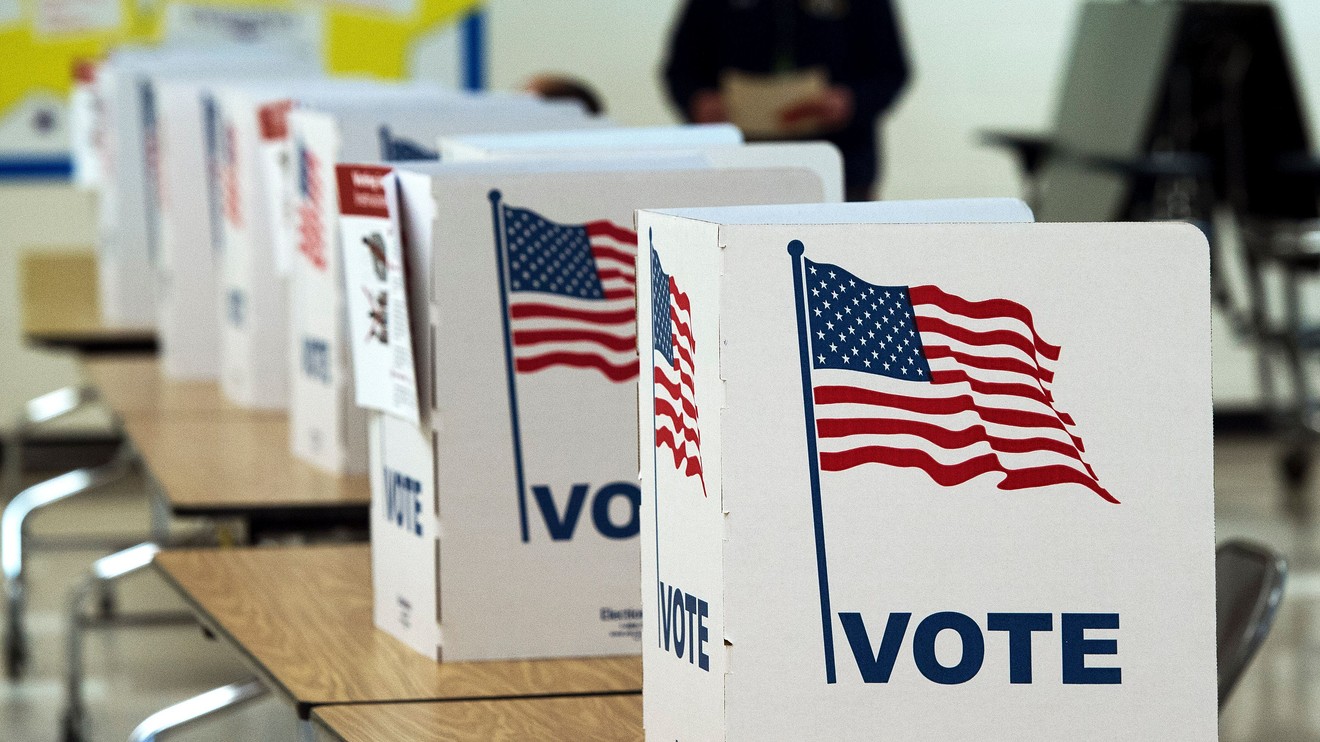Some U.S. states are sending clear warnings to county and local officials who might consider illegal interventions in the upcoming Nov. 5 election. Officials face the possibility of criminal charges or significant financial penalties if they fail to fulfill their responsibilities. In at least five of the seven battleground states that could determine whether Democrat Kamala Harris or Republican Donald Trump becomes the next U.S. president, top election and law enforcement officials have already investigated, indicted, or jailed those who attempted to interfere with voting or delay the certification of election results—a necessary but mostly ceremonial step.
Officials have cautioned that failing to certify results promptly could burden local governments with unnecessary costs for audits or recounts. This heightened scrutiny aims to prevent unfounded fraud claims from delaying result certifications, which could ultimately interfere with Congress’s official certification of the presidential election results amid a highly partisan atmosphere.
Four years after Trump’s efforts to overturn his 2020 loss, officials in key states—Arizona, Michigan, Nevada, Pennsylvania, and Wisconsin, as well as Democratic-leaning Colorado—report significant improvements in managing officials who exceed their authority. With Trump continuing to assert false claims that the 2020 election was stolen, ensuring a smooth election process is critical. States that miss certification deadlines could risk exclusion from the state-by-state Electoral College process, which formally determines presidential winners.
Michigan Secretary of State Jocelyn Benson emphasized the importance of adherence to election laws: “The law is clear, and we won’t tolerate anyone not following it for any reason. There are appropriate times to challenge election results, but certification is not one of them.”
In Pennsylvania, officials have already overturned a decision made by a county official who attempted to block the use of drop boxes for mail-in ballots. Luzerne County Manager Romilda Crocamo, a Democrat appointed by a Republican-majority council, initially scrapped drop box plans over safety concerns, shortly after facing threats of legal action from the Republican National Committee. Pennsylvania’s Attorney General Michelle Henry warned that only the county elections board could make such decisions, and failing to comply could result in misdemeanor charges and fines.
In Wisconsin, the state’s criminal division is investigating Wausau Mayor Doug Diny for removing a locked drop box from City Hall. Diny, who expressed security concerns, defied a state Supreme Court ruling allowing drop box placement by clerks. Wisconsin Attorney General Josh Kaul stated that his office expects election officials to follow the law and is prepared to take action if necessary.
In Michigan, three assistant clerks in Macomb County face felony charges for allegedly allowing four residents to vote twice in the recent primary election. Michigan Attorney General Dana Nessel, who has taken a hard stance against election violations, emphasized that while double voting is rare, any occurrence raises significant concerns.
In Delta County, Michigan, two Republican canvass board members voted against certifying a local election, citing suspicious voting margins. However, state authorities quickly responded, reminding them of their duty to certify results and warning that the costs associated with any non-compliance would fall on the county. Ultimately, the board certified the results, although one member expressed concerns about the process.
In Arizona, two Republican officials from Cochise County face felony charges for delaying the canvass of votes during the 2022 elections. They ignored multiple warnings about missing a crucial state deadline, leading to potential legal consequences.
In Nevada, state officials intervened when the Washoe County Board of Commissioners voted against certifying primary election results. Secretary of State Francisco Aguilar sought to compel certification, stating that the commissioners had no discretion in the matter. They ultimately reversed their decision after being informed of possible criminal penalties.
In Colorado, former Mesa County Clerk Tina Peters received a nine-year prison sentence for tampering with voting machines in 2020. Despite her claims of acting in the public’s interest, a judge condemned her actions as abuses of power.
These developments illustrate a concerted effort by state authorities to enforce election laws and maintain the integrity of the electoral process, especially as the nation approaches a contentious election.

